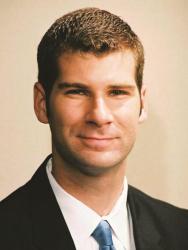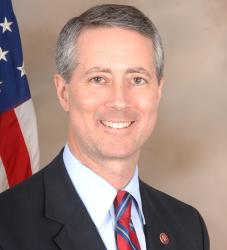

LIVE
Should the United States change its policies around Taiwan?9:00 am EST - 12:00 pm EST
Past Event
9:00 am - 12:00 pm EST
One Constitution Avenue, NE
Washington, DC
Following the Obama administration’s recent announcement of a new defense strategy, many questions remain about the future of both the U.S. military and of the national security industrial base. A smaller and leaner U.S. force will still need to be agile and ready for conflicts, and, importantly, must stay technologically advanced. With the knowledge that annual resources available to both the military and the industrial base will decline, decisions on which areas to emphasize and how to advance them are critical.
On January 26 the Brookings Institution and the Defense Education Forum of the Reserve Officers Association (ROA), hosted a discussion on the future of the U.S. national security industrial base in the context of changing American defense strategy, declining budgets and a transforming international security environment. The event featured a keynote address by Rep. Mac Thornberry (R-Tex.), vice chairman of the House Armed Services Committee. Panelists included Brookings Senior Fellows Peter W. Singer and Michael O’Hanlon; Mackenzie Eaglen of the American Enterprise Institute; Robert Haffa of Haffa Defense Consulting; David Morrison of Boeing; and David Worn of Palantir Technologies.
After each panel, speakers took audience questions.





Jonathan Katz, Lily Conway, Norman Eisen, Robin J. Lewis, Andrii Borovyk, Josh Rudolph
April 19, 2024

Michael E. O’Hanlon, Constanze Stelzenmüller, David Wessel, Alejandra Rocha, Sophie Roehse, Mallika Yadwad
April 15, 2024

Jacob Larson, James S. Denford, Gregory S. Dawson, Kevin C. Desouza
March 26, 2024